How My Experience With Poverty Affects How I See Minimalism

So many people out there view minimalism as a "trendy" movement, but for some, it is a necessity. I experienced forced Soviet minimalism in my childhood. Afterward, I went through a wave of greedy consumerism. Now, I'm back to owning less.
In this video, I share my poverty experience and my struggles with minimalism and poverty.
My childhood poverty experience
The Soviet Union collapsed when I was seven, but I still felt the implications of living in a poor Soviet country for a long while. Until I was about 24 years old, I owned one pair of pants, one skirt, and three tops at most.
In this picture, I’m 19, and I’m wearing black jeans that lasted for about three years, and my mom’s t-shirt that she used to wear in her younger days.
Five years after this, I got crazy about stuff. I began to earn more or less sufficient sums of money and was lured by stuff.
Becoming a minimalist after my poverty experience
We, the last generation of Soviet kids, saw the deficiency of things, and after having access to certain capitalist comforts and single-use items, we were reluctant to go back in time.
There’s a psychological block that is so hard to break through, and it took me several years to realize that stuff doesn’t make me happier than I was when I owned next to nothing.
The first alarm for me was reading a couple of books by French writers from the experimental waves of the 1960s, namely Elsa Triolet's Roses à Crédit, and Georges Perec’s Things: A Story of the Sixties.
The new literature and philosophy were about the objectification of humans and the harmonization of things. Hardly anything has changed since then.
I recommend those books and their amazing language structure and message.
Handmade stuff is often judged
Since my early years, I tried to make clothing, bags, and other personal stuff myself. There was no way I could buy them, so I tried to DIY everything I could.
It’s a great skill and I’m happy that my mother taught me how to use a sewing machine and how to knit and crochet.
When the Iron Curtain fell, the world became more or less unified in terms of stuff on the shelves. It has become a sort of ill-mannered activity to make or mend your own clothes and talk about it because it shows your poverty. Poverty was a stigma and, obviously, still is.
That’s why small, handmade businesses have a hard time here in Russia now. People prefer store-bought items because those items are considered better or more prestigious.
As per handmade stuff, I often see comments like, “This item looks so neatly made as if it was produced in a factory.” I think it’s sad that people don’t appreciate handmade items, because of their Soviet past, which was like forced minimalism.
Why I will never become an extreme minimalist
Another struggle I have with minimalism is about beauty and self-care. When I was little, we only had one shampoo.
My mother owned only one lotion for everything and she taught me how to make menstrual pads from cotton and scrap fabric. That was pretty awful. It was a traumatic experience.
Now, I can’t imagine myself using these reusable menstrual pads. Thankfully, there are other amazing alternatives that are both eco-friendly and less stressful for me.
Also, I own more than one face lotion and occasionally use single-use face masks, and have two shower gels, giving me an alternative based on my mood. This brings me comfort. I guess I will never become an extreme minimalist in this respect.
I’m not here to judge anyone’s lifestyle. Everyone decides for themselves. I’m just sharing my personal perspective on minimalism and poverty. I hope it resonates with you.
It’s hard to stop wanting more. I guess that’s human nature to get easily lured and enchanted by stuff —- and marketing knows its business.
After growing up below the poverty line and then beginning to have more or less a decent standard of living, it often seems stupid to refuse that personal universe of things — things that bring comfort and a sense of stability.
Here in Russia, and in Siberia in particular, we grasp at every little grain of stability and predictability. We long to be cozily wrapped in things while surviving through rough winters. That’s why minimalism here is a rare beast among people over 30. With this video, I wanted to cast light on this issue.
Poverty experience and minimalism
I still believe that intentional minimalism knows no class or income boundaries. It’s not a privilege; it’s a choice and a particular mindset.
What do you think about minimalism and poverty? Have you experienced poverty in the past? How does that affect your relationship with stuff? Let me know in the comments.
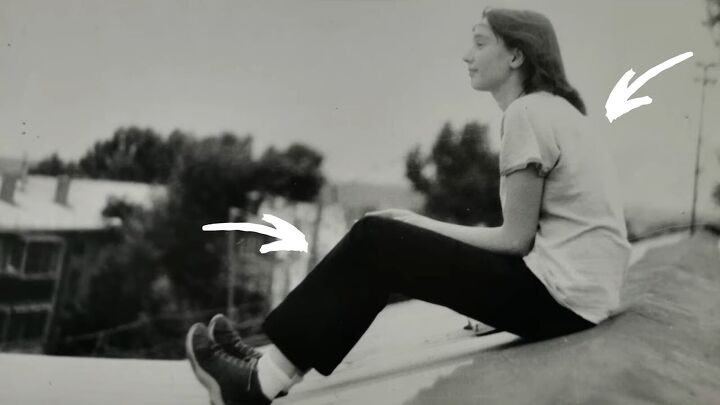









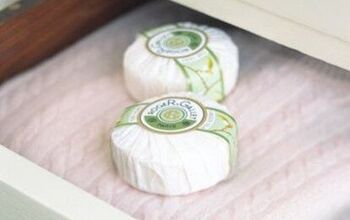
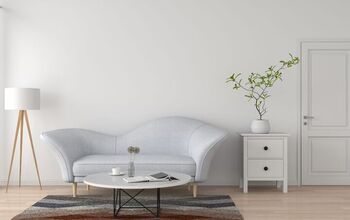

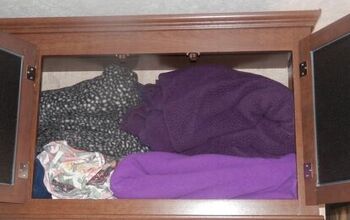

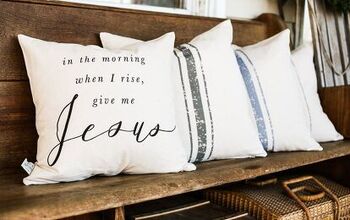
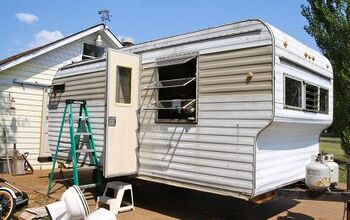
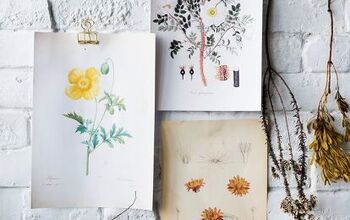
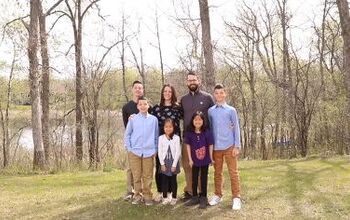
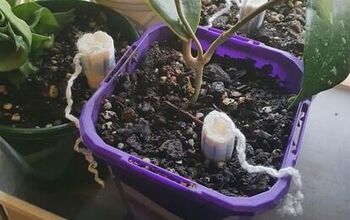

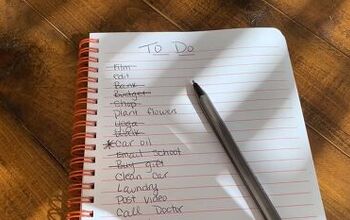
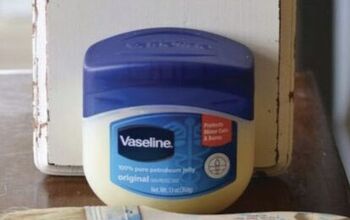

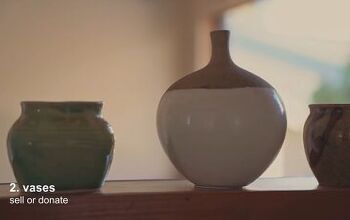
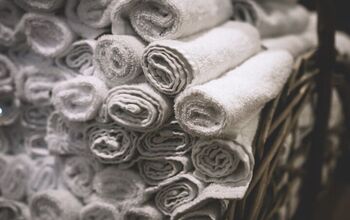
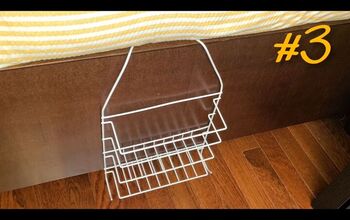
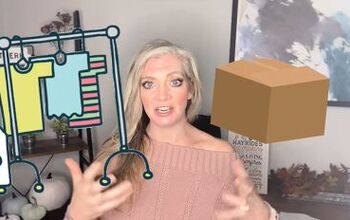
Comments
Join the conversation
I can totally relate to this! I didn’t grow up in Russia. I grew up right here in the USA. I grew up with a single mom and a gambler for a dad who never paid any child support. My mother never worked. I don’t even know how we survived. I kept a lot of secrets about how poor we were. We never had a telephone, ór a working washing machine or a shower, we washed clothes by hand and at the laundromat, we took baths, had one bottle of shampoo which we’d continue to fill with water to use every last drop. Sometimes toothpaste was a rarity. I never saw the dentist except when I had a massive toothache and the tooth needed to be pulled out. I’m sad to say my mom started a new relationship and didn’t spend a lot of time at home. I was left to fend for myself sometimes even to the point of stealing food at the grocery store at around 12 years old so that I could have something to eat. When I got my own life together, which I’ll spare you the gruesome details of that, and had a pretty good paying job and some education under my belt. I bought everything and anything especially if it was on sale! I shared it with friends and family, and I always kept an overstocked cupboard and closet with gifts to be given out at any minute, if an occasion should arise. If I liked something, I often bought two or three of them. I could probably feed my whole street if a crisis occurred. At Christmas time seeing that often times there wasn’t a tree or gifts or even a big meal. I would go hog wild and have to find the biggest tree and give my own child more gifts than she could handle. These days now that I’m older, a lot of it has become a burden to me. I’m trying to find ways to downsize, but without any help it’s pretty hard, but only those of us who have suffered extreme poverty could ever understand, how stuff can become so meaningful to you! I appreciated your viewpoint.
Thanks, Mia
Your experience and perspective are very interesting to me. Many of us have more than we need because humans have a desire to acquire - sometimes because it makes us feel secure to have extra things "just in case" something happens, sometimes because we have a desire for novelty, for something new and fresh. Coming from a time of scarcity can increase the desire to have more, possibly to see what we think we were missing, too, only to find that it is not the things that make the difference in our lives once we have achieved a basic level of comfort. Some of the happiest days in my life and that of my high school friends were spent wearing the same uniform for four years, day after day - it was not boring to us and did not feel restrictive, but more like we were part of a team, all friends sharing the same way of dressing, and we never wished we didn't have to wear the same thing every day, interestingly enough - the uniform was enough and we found fun in what we were doing and learning, and our time spent together. It's easier to manage our lives when we have less to take care of, too, and then we can use our time, talent and money to help others instead of spending all our resources just on ourselves.